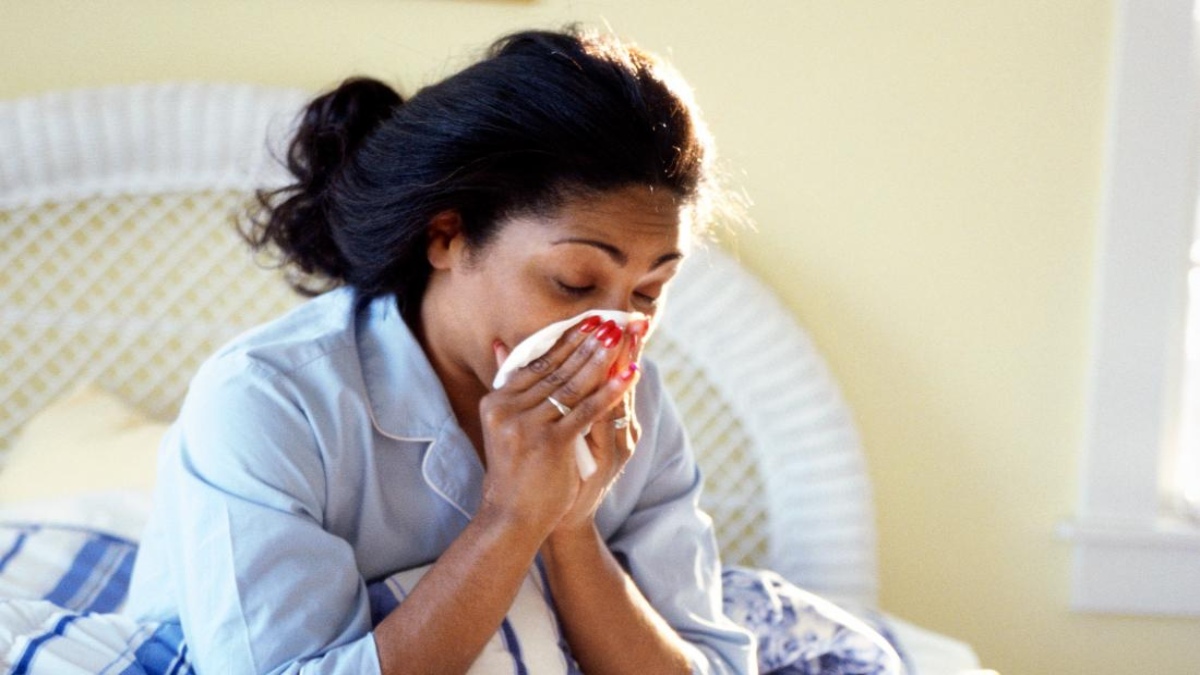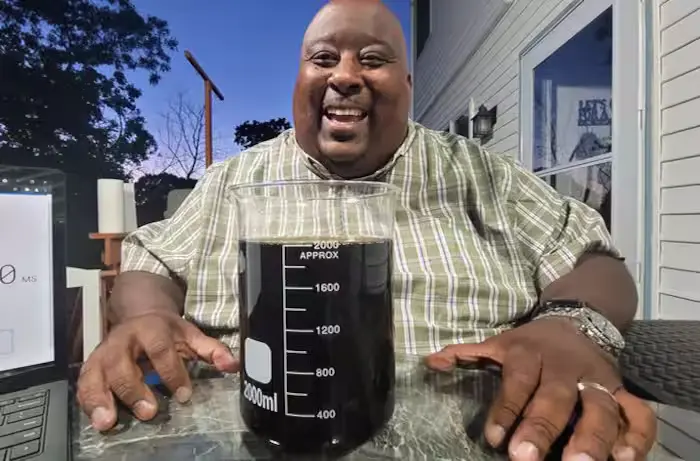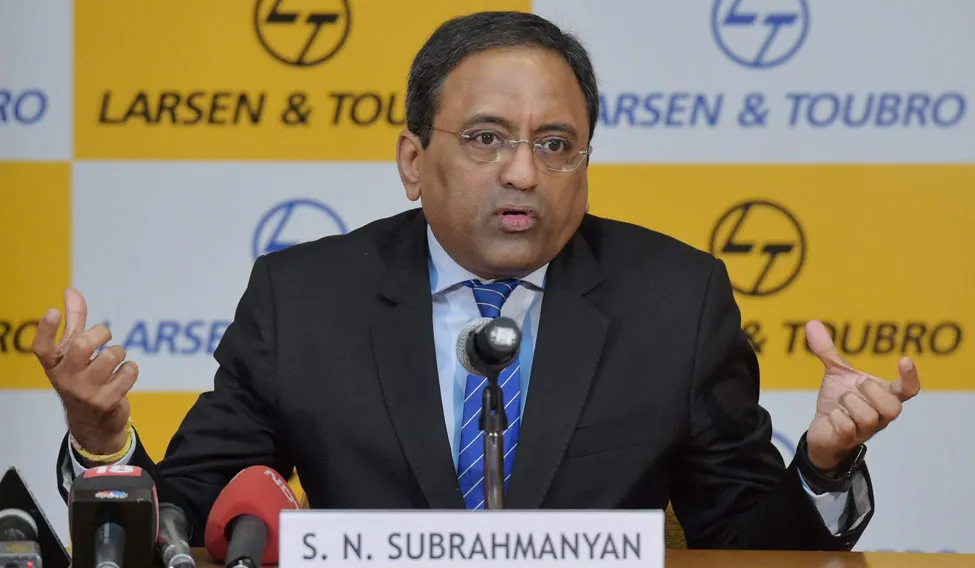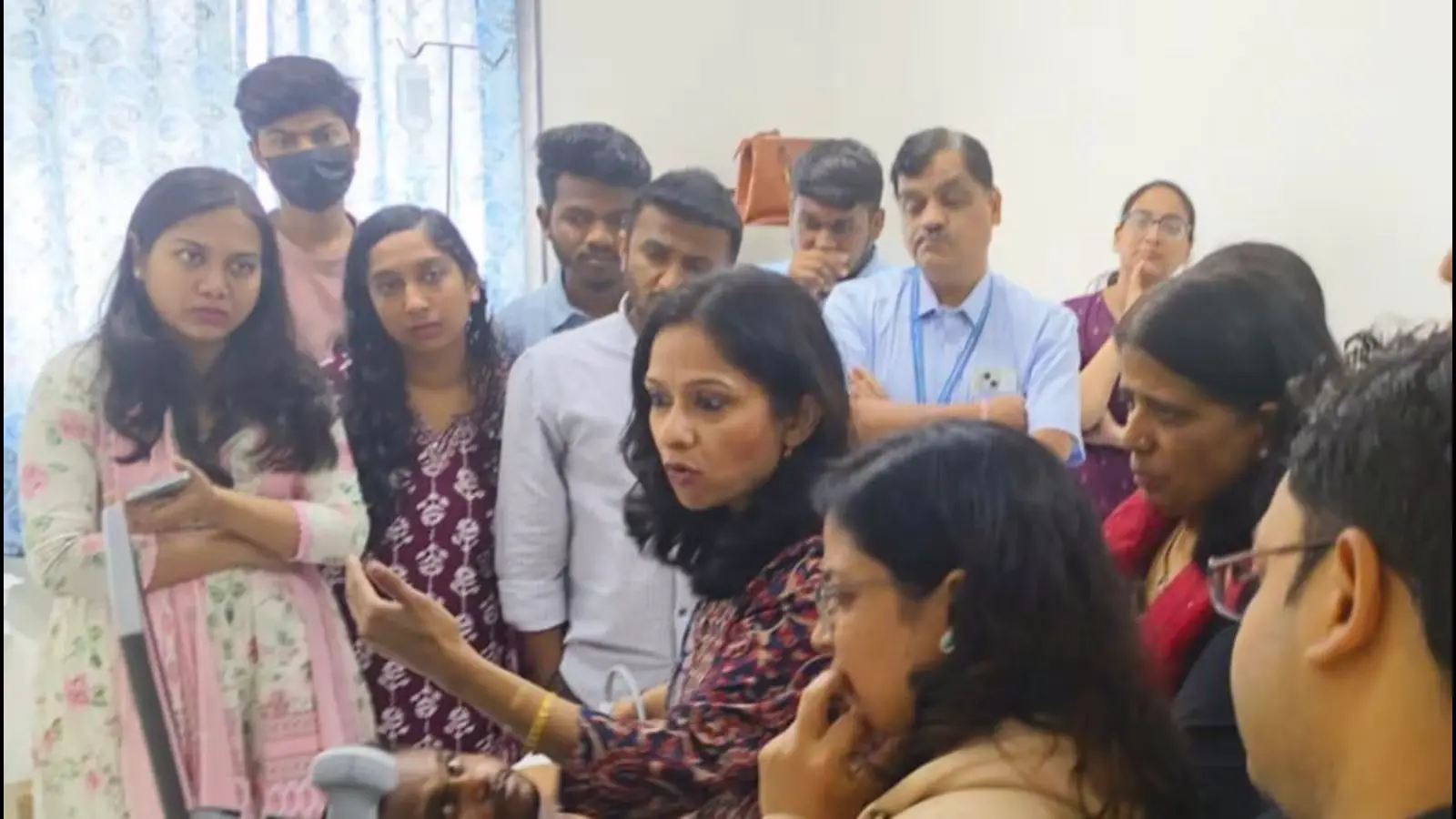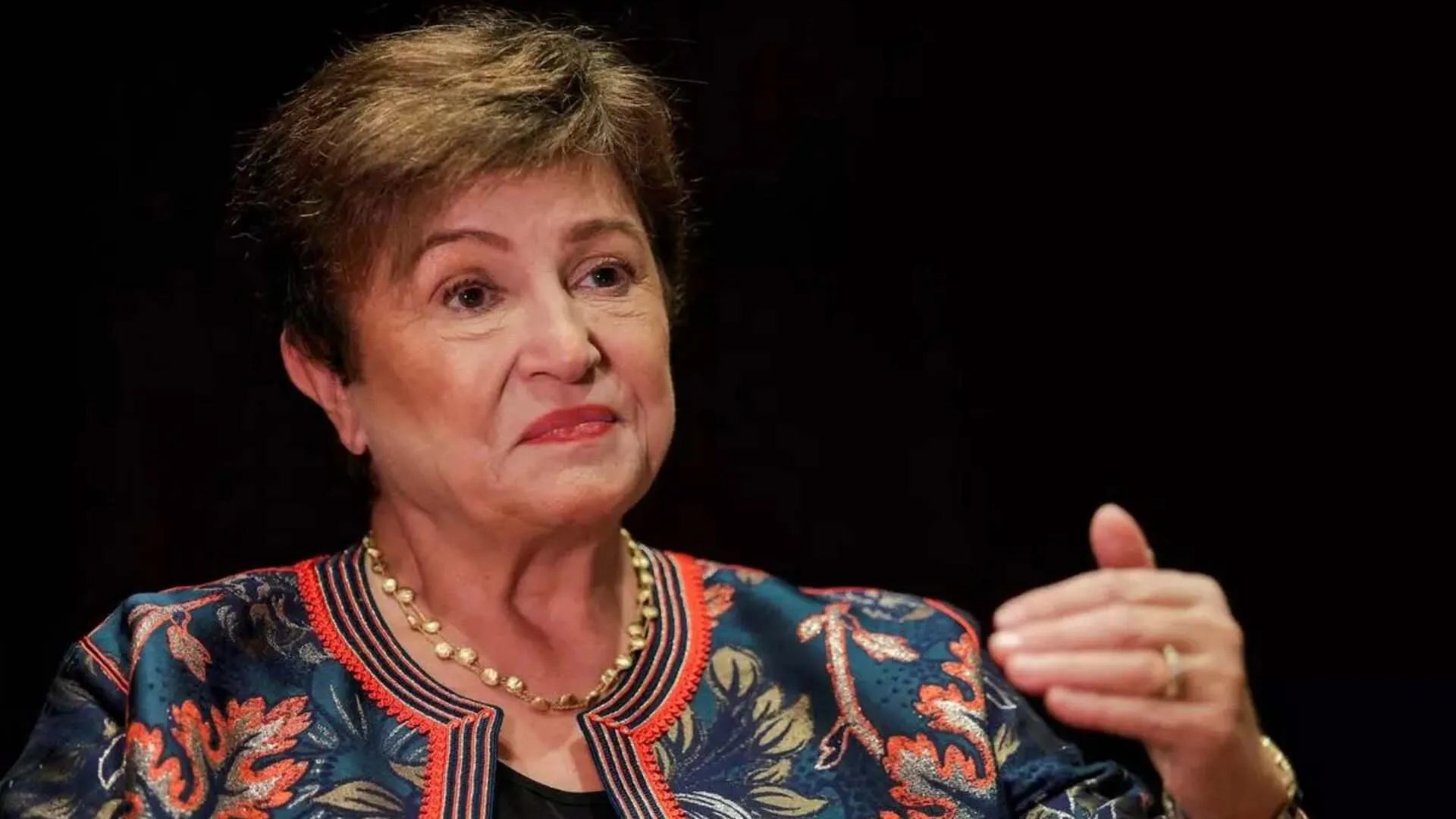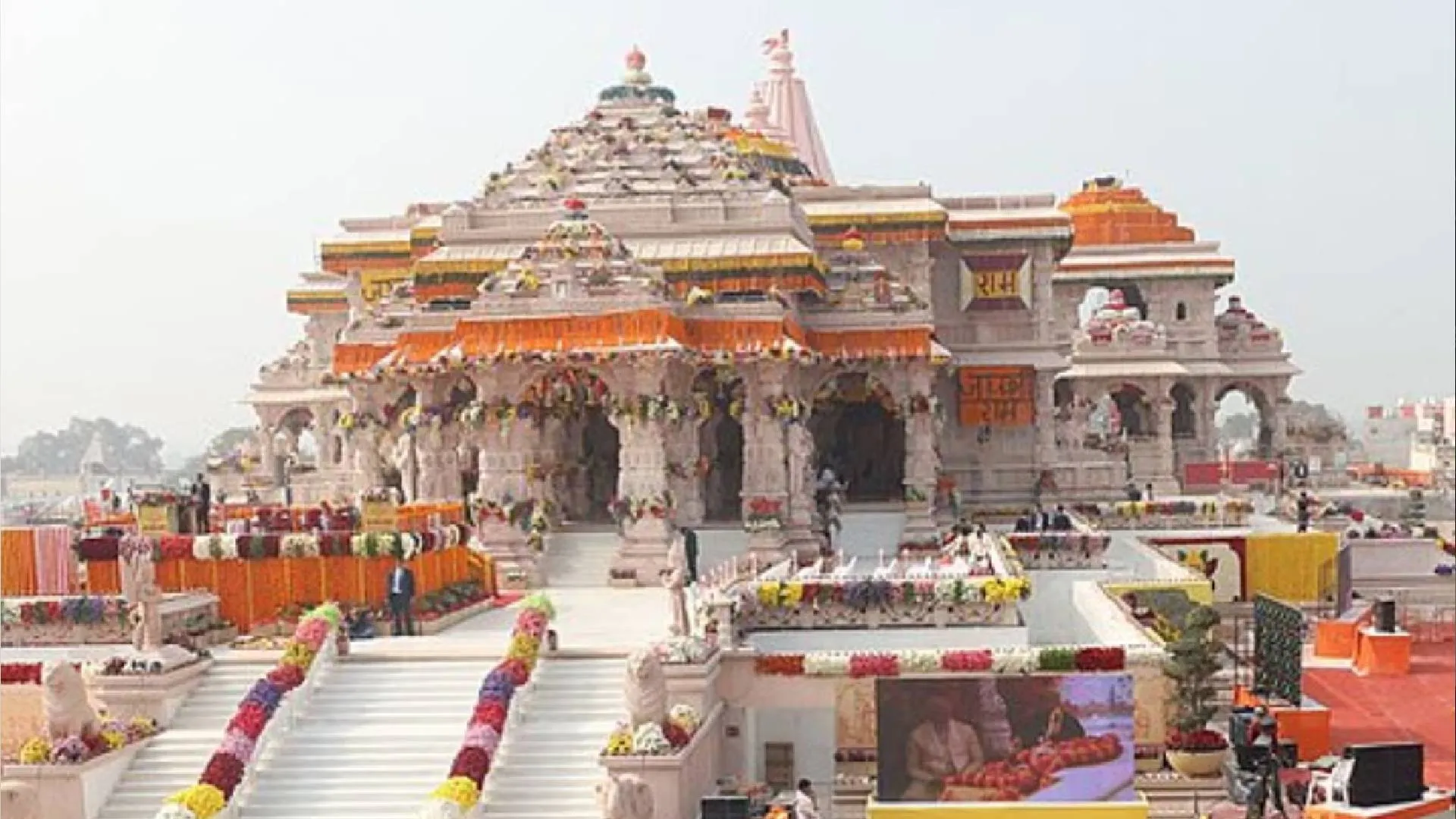We breath predominantly 80% through one nostril and 20% of from other nostril after two to three hours breathing switches, we only notice one nostril congested more when we have cold or nasal congestion, Normally the nose and sinuses produce a more than 500 ml of mucus secretions per day. Nasal and sinus secretions has protective function composed of water (95%); glycoproteins (2%); albumin, immunoglobulins, lysozyme, lactoferrin and other proteins (1%); inorganic salts (1%); and lipids
Chronic Rhino sinusitis caused by the inflammation of the nasal and throat lining, which results in the accumulation of mucus in the sinus cavity, and pressure build-up in the face, eyes and brain. If symptoms persist 12 weeks or longer, we call Chronic rhinosinusitis.
Cause of sinusitis include local irritants like pollution, cotton, fur, feathers, dust, grit and soil particles, tannery workers, other chemicals. Allergens including dust mites, mold spores, can cause Inflammation of the nose and can block sinus contribute chronic sinusitis. Infection from bacteria, viruses, fungi are common cause of chronic sinusitis. Nasal polyps are not cancerous, polyps are benign polyps are tissue growths block the nasal passages and cause for chronic sinusitis.
Deviated nasal septum may cause symptoms of sinusitis worse. Immunoglobulin A deficiency and other immune system-related diseases can lead to chronic sinusitis.
Now, research in mice, led by Johns Hopkins otolaryngologist-head and neck surgeon Dr Murugappan Ramanathan, Chronic airborne particulate matter (PM) causes a breakdown in Sino nasal epithelial junctional proteins, claudin-1 and e-cadherin when compared to mice exposed to filtered air (FA) as measured by immunofluorescence and confocal microscopy. This breakdown may allow for increased susceptibility to other allergens, viruses or bacteria.
Common symptoms of chronic sinusitis are runny nose discolored nasal discharge, postnasal drainage, Nasal congestion, sinus Pain around eyes, cheeks, nose and or forehead some may have reduced sense of smell and taste, sinus Headache, Sore throat, Bad breath, fatigue some have cough.
Treatments for chronic sinusitis include: Saline nasal irrigation, reduces drainage and rinses away irritants and allergies. Nasal washing or nasal irrigation is an ancient Ayurvedic technique known as “Jala neti”, which literally means «nasal cleansing» in Sanskrit.
Medical therapy should include both antibiotic and a topical intranasal steroid to address the strong inflammatory component of this disease. Antibiotic therapy might need to be continued for 4 to 6 weeks.
controlling allergic rhinitis to prevent chronic sinusitis, allergic rhinitis should be controlled with allergen avoidance, medication such as corticosteroid nasal sprays, antihistamines tablets, antihistamine nose spray and allergy immunotherapy
Rhinosinusitis is a feature of aspirin-exacerbated respiratory disease (AERD) in these patients’ aspirin desensitization treatment, under medical supervision, you’re gradually given larger doses of aspirin to increase your tolerance. For fungal sinusitis antifungal medication, some needs surgery. Treating nasal polyps to prevent chronic sinusitis with nasal steroids, temporary oral steroids, biological injection of dupilumab or omalizumab helps nasal polyps. surgical removal of polyps is another option. Surgery In cases resistant to treatment or medication, endoscopic sinus surgery might be an option.
We Indian allergist in USA request NMC and NBME for post graduate course in allergy and clinical immunology post MBBS three year MD or three year DNB specialty. Course. It is much needed course to address allergy and clinical immunology disease burden in India. NBME created Respiratory medicine. NMC has MD – Tuberculosis & Respiratory Diseases / Pulmonary Medicine
Lokesh Edara is Assistant Professor of Medicine, WMU school of Medicine, Kalamazoo, Michigan USA & Chairman, AAPI Global medical Education.

